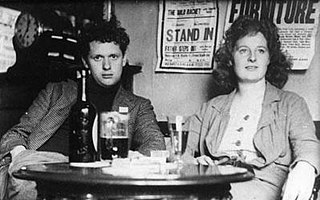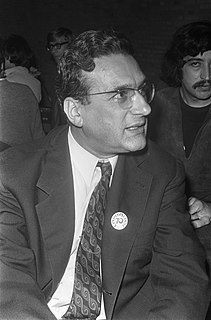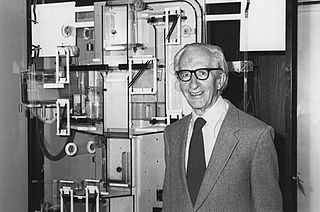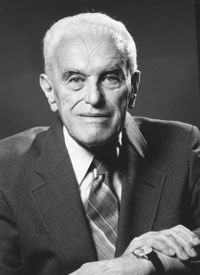A Quote by Thomas Balogh, Baron Balogh
The modern history of economic theory is a tale of evasions of reality.
Quote Topics
Related Quotes
Almost all systems of economic thought are premised on the idea of continued economic growth, which would be fine and dandy if we lived on an infinite planet, but there's this small, niggling, inconvenient fact that the planet is, in fact, finite, and that, unlike economic theory, it is governed by physical and biological reality
It is thus hardly surprising that so many of the great minds in recent history have concerned themselves with economic matters. Indeed, they have come to regard economic theory in precisely the same way the ancient philosophers viewed the heavens - as the key to understanding and controlling our fate.
A masterly analysis of how political interests, economic circumstances, development strategies, and local history have shaped what are surprisingly different versions of the welfare state across the developing world. The authors combine fine-grained country analyses with intelligent use of data, and explain and extend the theory and literature on the modern welfare state. The book is both scholarly and readable.
The Western approach to reality is mostly through theory, and theory begins by denying reality - to talk about reality, to go around reality, to catch anything that attracts our sense-intellect and abstract it away from reality itself. Thus philosophy begins by saying that the outside world is not a basic fact, that its existence can be doubted and that every proposition in which the reality of the outside world is affirmed is not an evident proposition but one that needs to be divided, dissected and analyzed. It is to stand consciously aside and try to square a circle.





































